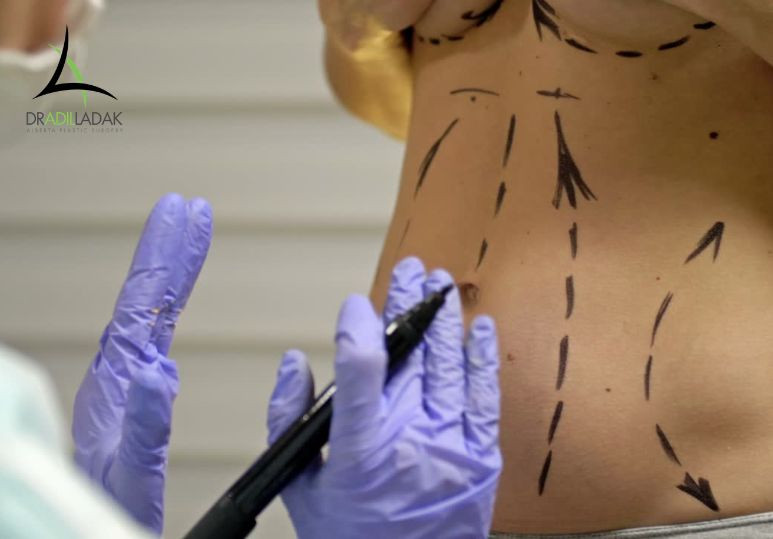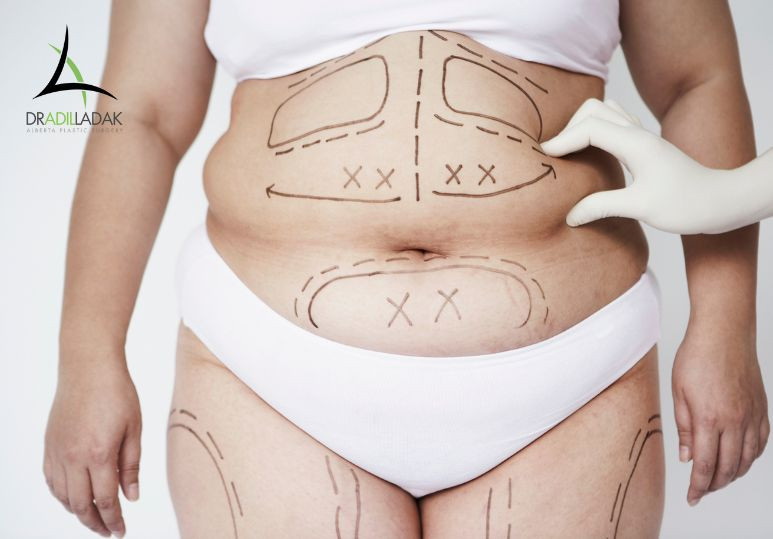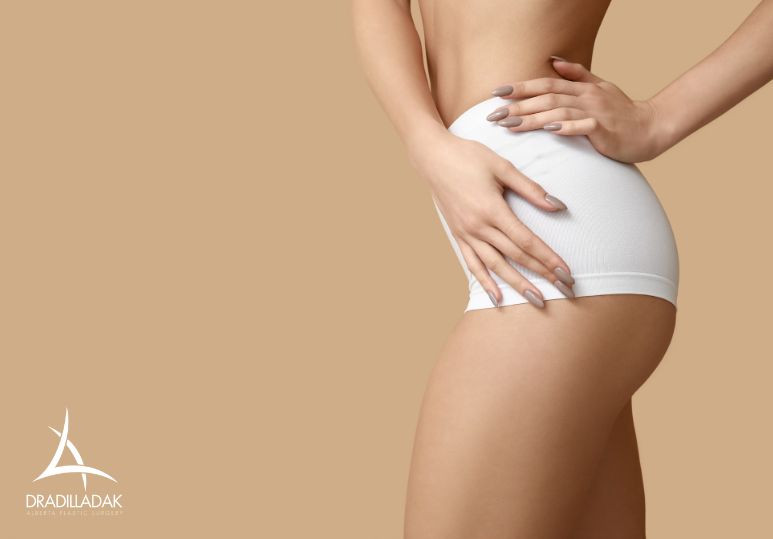Are you considering cosmetic surgery or a skin treatment to rejuvenate your appearance? Here’s everything you need to know about wound care and skin treatment to ensure you get the best results.
Cosmetic surgery or customized skin treatments are primarily requested to improve one’s appearance. However, this is just one of the possible benefits such procedures can provide. Many patients also notice an increase in their self-esteem and sense of youthfulness.
Wound Management Following Cosmetic Facial Surgery
When you choose to have cosmetic facial surgery, such as a facelift or neck lift, you are taking a significant step towards improving your appearance and quality of life. However, for the fastest recovery and best results, it’s essential to take special care of your skin and wounds in the first few weeks after the procedure. Taking the appropriate steps to care of your skin can help minimize scarring and reduce discomfort.
1. Stay Active, But Not Too Much
Staying active does promote healing by improving blood flow. For at least 6 weeks after your surgery, your surgeon may recommend avoiding heavy exercises or sports. Following these instructions will prevent opening of the incision line and promote healing.
2. Stop Smoking
Stopping smoking is absolutely crucial for at least four weeks before and after your surgery. This is because smoking decreases blood flow to your tissues, impairing wound healing.
3. Don’t Pick Or Peel Your Wounds
No matter how tempted you may be to pick at your peeling skin or scabs after your surgery, DON’T! Doing so will not speed up the healing of your wounds and will increase the likelihood of infection and/or scarring.
4. Stick To A Balanced diet
A balanced diet that contains proteins and other nutrients is crucial to promote wound healing. It’s also important to limit your alcohol intake, especially 2-3 days before your surgery because alcohol can lead to postoperative edema and fluid retention.
5. Stay Hydrated
Whether you’ve had a minor procedure (skin treatment) or extensive surgery, drinking 6-8 glasses of water a day will help rejuvenate your skin from the inside out and flush any toxins from your system.
6. Practice Good Hygiene
Infection is always a possibility with any wound, including a surgical incision, so it’s important to follow your plastic surgeon’s advice about how to clean and care for your wound, including how to wash the surgical site and taking any antibiotics that have been prescribed.
7. Do Not Undergo Any Skin Treatments For Scarring Without Surgeon's Approval
Many patients wish to begin reducing the appearance of their scars as soon as possible. However, it is important to consult with your medical care professional before undergoing any skin treatments designed to improve skin texture. If, after the appropriate healing time has elapsed, you decide you would like to speed up your scars' fading process, your surgeon can help you choose the right skin treatment for you.
How Long Will It Take For a Wound to Heal?
Taking good care of your incision will help ensure that it heals quickly and well, and an infection doesn’t develop. In most cases, a surgical incision will heal in about 14 days, but more complex incisions can take longer.
Note: Patients with certain medical conditions, or those taking certain medications, may require a little extra time to heal.
Call Today
To find out more about our surgical and non-surgical cosmetic treatments, including customized skin treatments for scars, contact Dr. Ladak at 780-407-6691 or fill in our online contact form.
Dr. Adil Ladak is a board-certified plastic surgeon based in Edmonton, Alberta and specializes in a variety of cosmetic surgical and non-surgical procedures.





